Teeth Cleaning
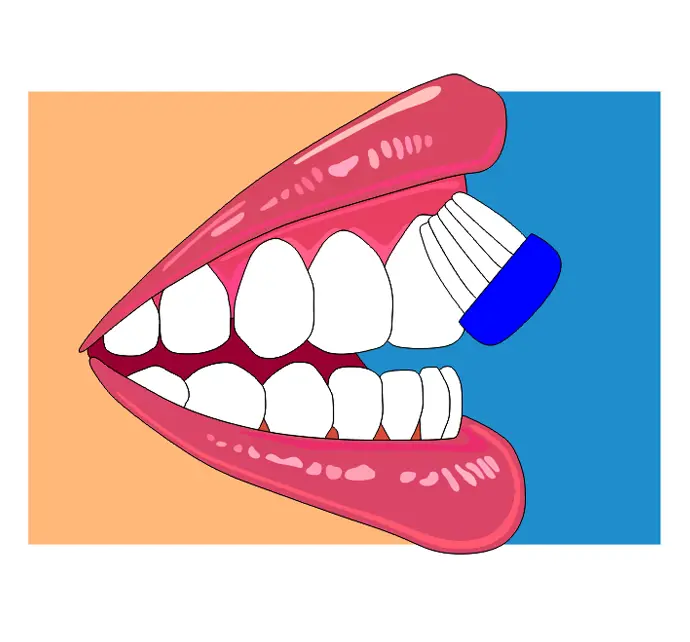
Tilt the toothbrush bristles at an angle (about 45-degree) to the gingival margin
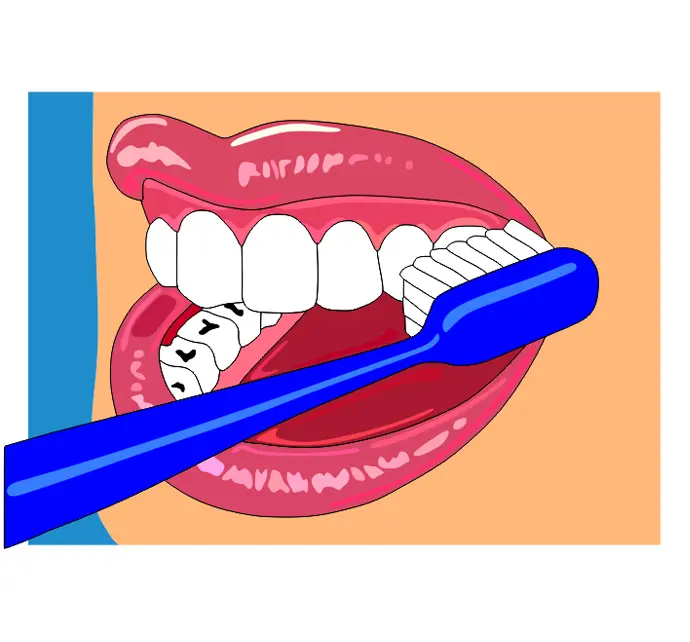
Move the brush gently in small circular motions and brush in groups of two to three each time
Brush the outer surface from one side and all the way round to the other side
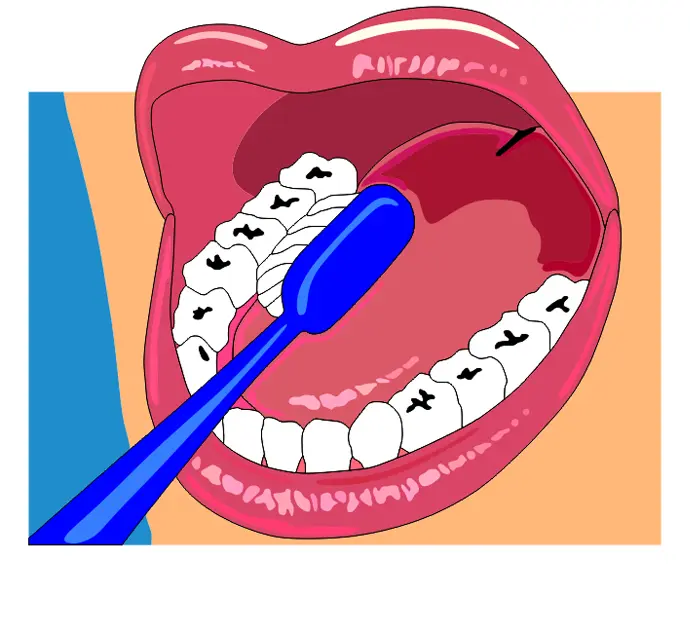
Brush the inner surfaces of all teeth
Brush the outer surfaces, the inside surfaces and the chewing surfaces of all teeth.
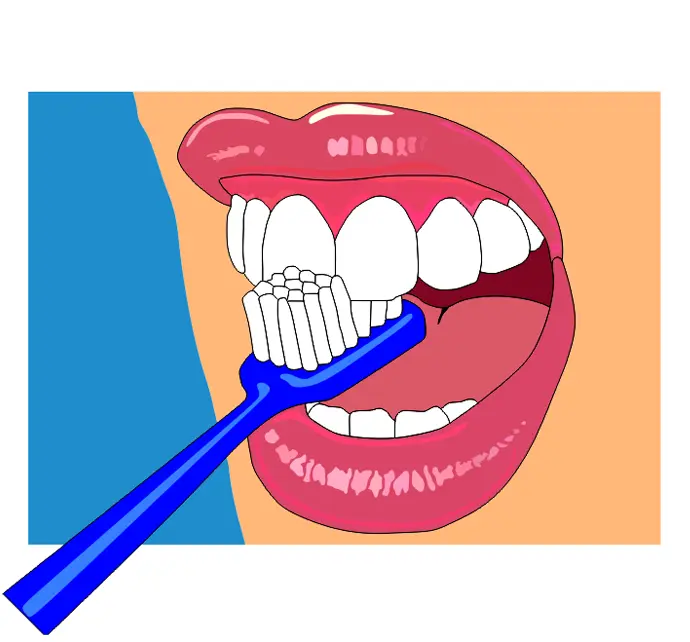
Clean the inside surface of the front upper teeth by tilting the brush vertically and make several up-and-down strokes.
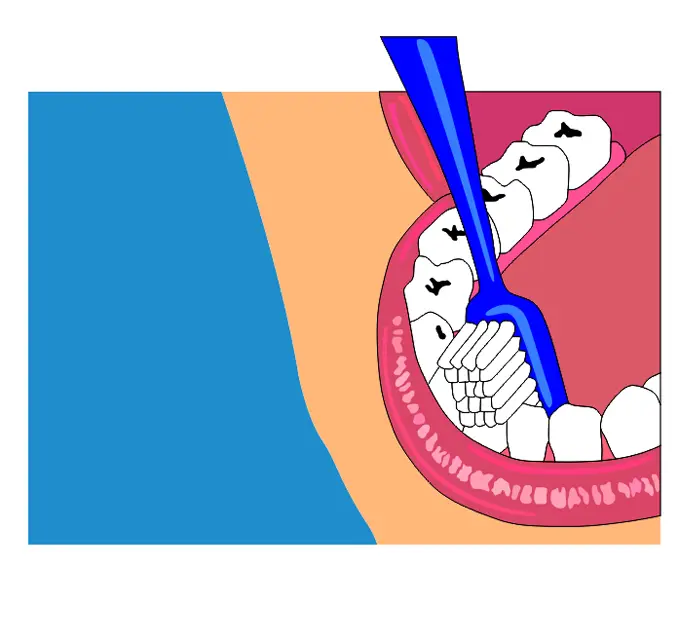
Clean the inside surface of the front lower teeth by tilting the brush vertically and make several up-and-down strokes.
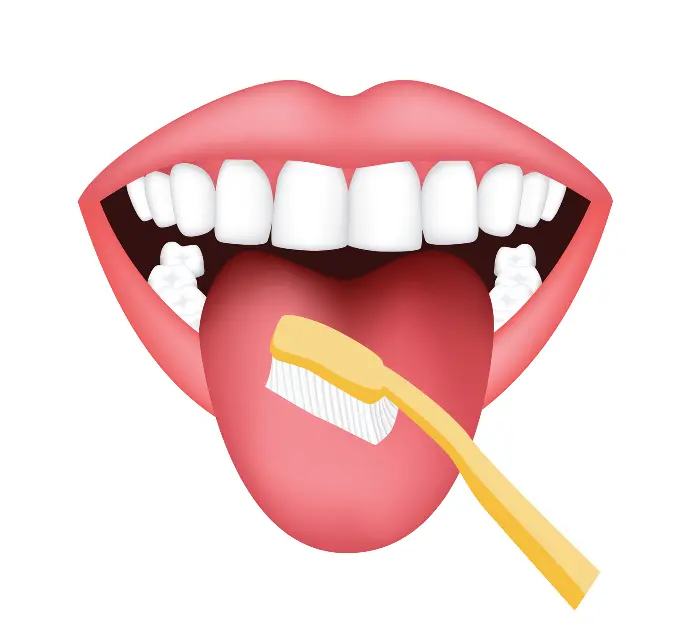
Brush your tongue to remove bacteria and keep your breath fresh
Frequently Asked Questions
- Children should be encouraged to adapt good brushing habits from an early age. Brushing should commence when the first tooth erupts.
- Reduce the frequency of sugary diets, thereby reducing the chance of tooth decay.
- Have regular oral check-ups every year.
- If tooth decay is found, your child should receive treatment as soon as possible to preserve the deciduous teeth so that the permanent teeth can grow normally.
- Application of pit and fissure sealant on the surface of the molars can help reduce the chance of tooth decay.
- Fluoride has been proven to be crucial in preventing dental caries .
- When applied, fluoride can strengthen our teeth and can also arrest and reverse early caries.
- The simplest way to maintain fluoride on our teeth is brushing with fluoridated toothpaste.
- Higher concentrations of fluoride can also be applied by dental professionals.
- Consult your dentist about the appropriate type of fluoride for your child.
- The first set of teeth will erupt about 6 months after birth.
- At about three years of age, a full set of deciduous (baby) teeth can be expected.
- The first adult molars will gradually grow out around the age of six, the deciduous (baby) teeth will fall off and be replaced by permanent teeth.
- However, as each child is unique, there will be variations between different children (3 – 6 months for baby teeth, 1 – 2 years for adult teeth).
- Do not hesitate to consult your dentist if there are any concerns regarding this matter.
Premature loss of baby teeth can result in adverse consequences for the oral cavity, such as irregular teeth alignment, difficulty in cleaning, infection, and may also affect the eruption of permanent teeth.
A pleasant check-up (especially the first time) can help the child develop the habit of regular check-ups in the future and strengthen their relationship with the dentist.
Parents should take their children to their first check-up at 2.5 to 3 years of age (i.e. after the full set of baby teeth erupts), unless there are other situations that would require dental attention.
Regular oral check-ups from an early age can give the child a chance to familiarise with the dental clinic. It also reduces the complexity of future treatment with early detection of dental diseases.